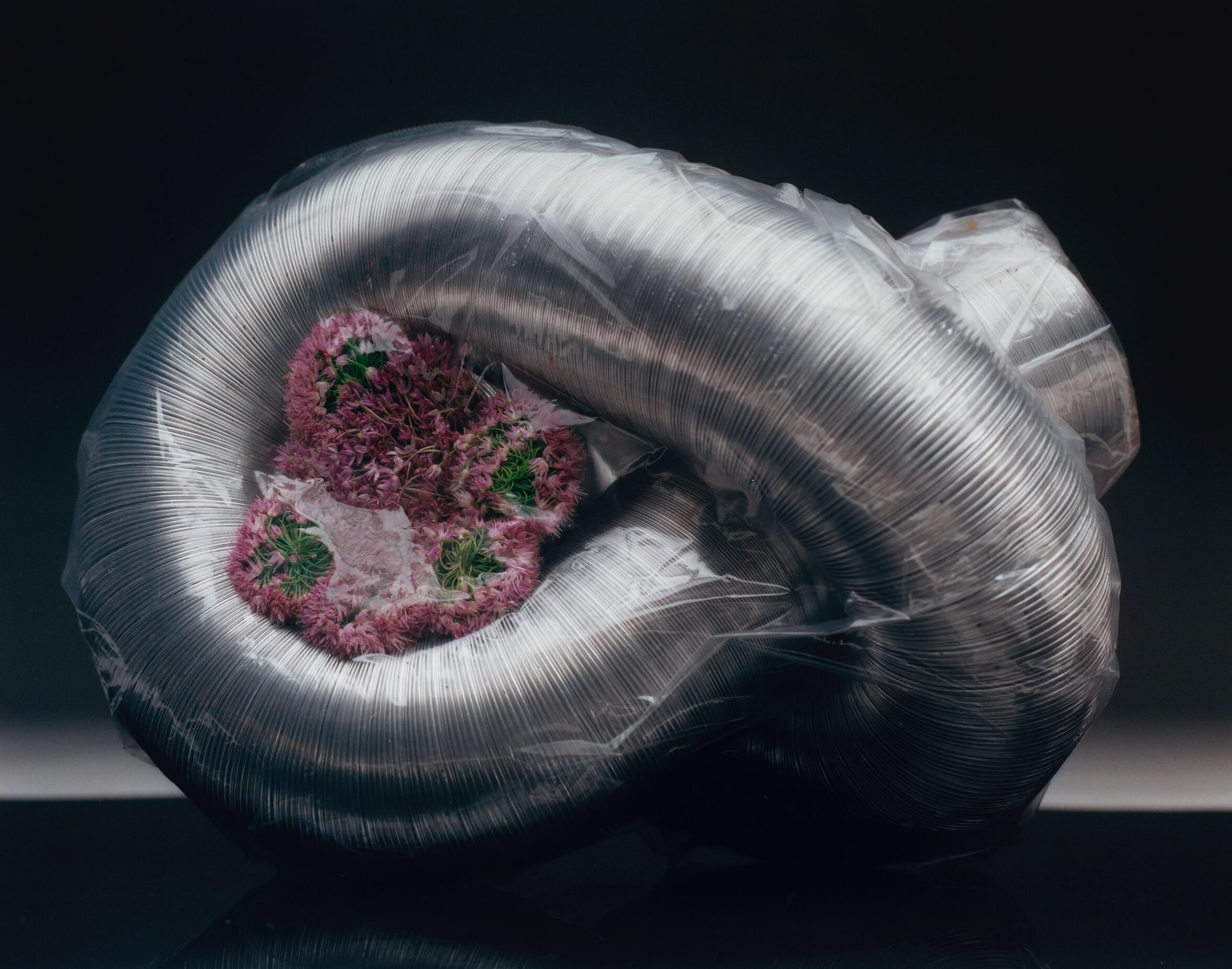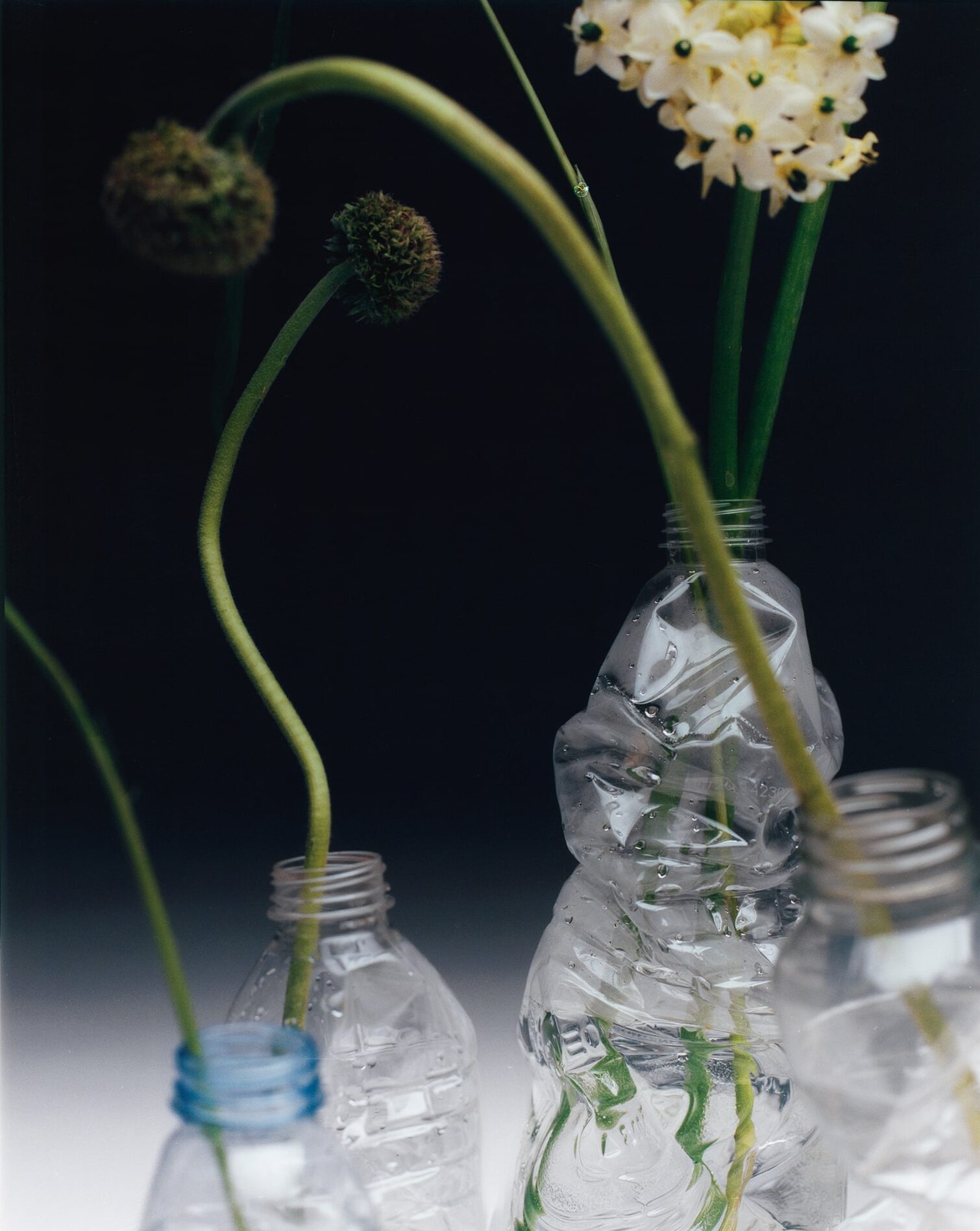On 15 February 2013, nine-year-old Ella Kissi-Debrah tragically passed away as a result of an asthma attack, having been diagnosed with asthma two years prior. Seven years later in December 2020, a coroner ruled that her cause of death could be directly linked to the high levels of nitrogen dioxide in the area where she lived—Lewisham in South East London—making her the first person in the UK to have air pollution cited on their death certificate. In 2023, the Air Pollution and Inequalities in London report, commissioned by the Greater London Authority, found that “the most deprived communities of London are more likely to live in the most polluted areas”.[1] More specifically, Black and diaspora communities are more likely to live in areas that are heavily polluted. When we expand our viewpoint to include the Global South[2] and the United States,[3] we see a similar pattern of disparity.
I am not a climate specialist. My background is not scientific in any capacity; this won’t be an education on the intricacies of climate change, as I am unqualified to do so. What I am qualified to do, as an inhabitant of the Earth, is pose questions around climate change to better understand what we are facing. Conversations about the impact of air pollution trace back at least 2400 years,[4] so why did it take so long for a definitive acknowledgement of the correlation between air quality and physical wellbeing? This raises a further question: If we are only now recognising the physical impact of air pollution, what are the less tangible ways it is affecting our bodies, and how does this shape our relationship to the climate crisis?


It goes without saying that our lungs are fundamental to life. They are where the alchemy of gas exchange—oxygen in, carbon dioxide out—sustains our very existence. But, for a moment, let’s explore the importance of lungs beyond their biological function. How else do our lungs keep us going? In Daoist tradition, a person’s quality of breath goes hand in hand with their quality of life. As a way to encourage better spiritual health, Daoists use the spiritual practice of Tu Gu Na Xin which roughly translates to “out with death and in with life”. Similar parallels can be drawn between other Eastern practices and philosophies such as Buddhism and Hinduism, where breathing techniques are used to foster a better spiritual life. In Abrahamic religions, breath is how God gave our forefather and foremother, Adam and Eve, their souls. Lungs not only hold biological importance but spiritual importance too.
Our quality of breath has been directly linked to aspects of wellbeing beyond the physical. In Breath: The New Science of a Lost Art (2020), author James Nestor explores how modern modes of breathing, exacerbated by pollution and lifestyle changes, threaten not only our physical health but also our spiritual and mental well-being. According to the British Journal of Psychiatry there is emerging evidence that high exposure to air pollutants can lead to mental health problems such as anxiety, depression and schizophrenia.[5] The air we are forced to breathe is a thick fog, enveloping us not only physically but also clouding our minds and spirits.

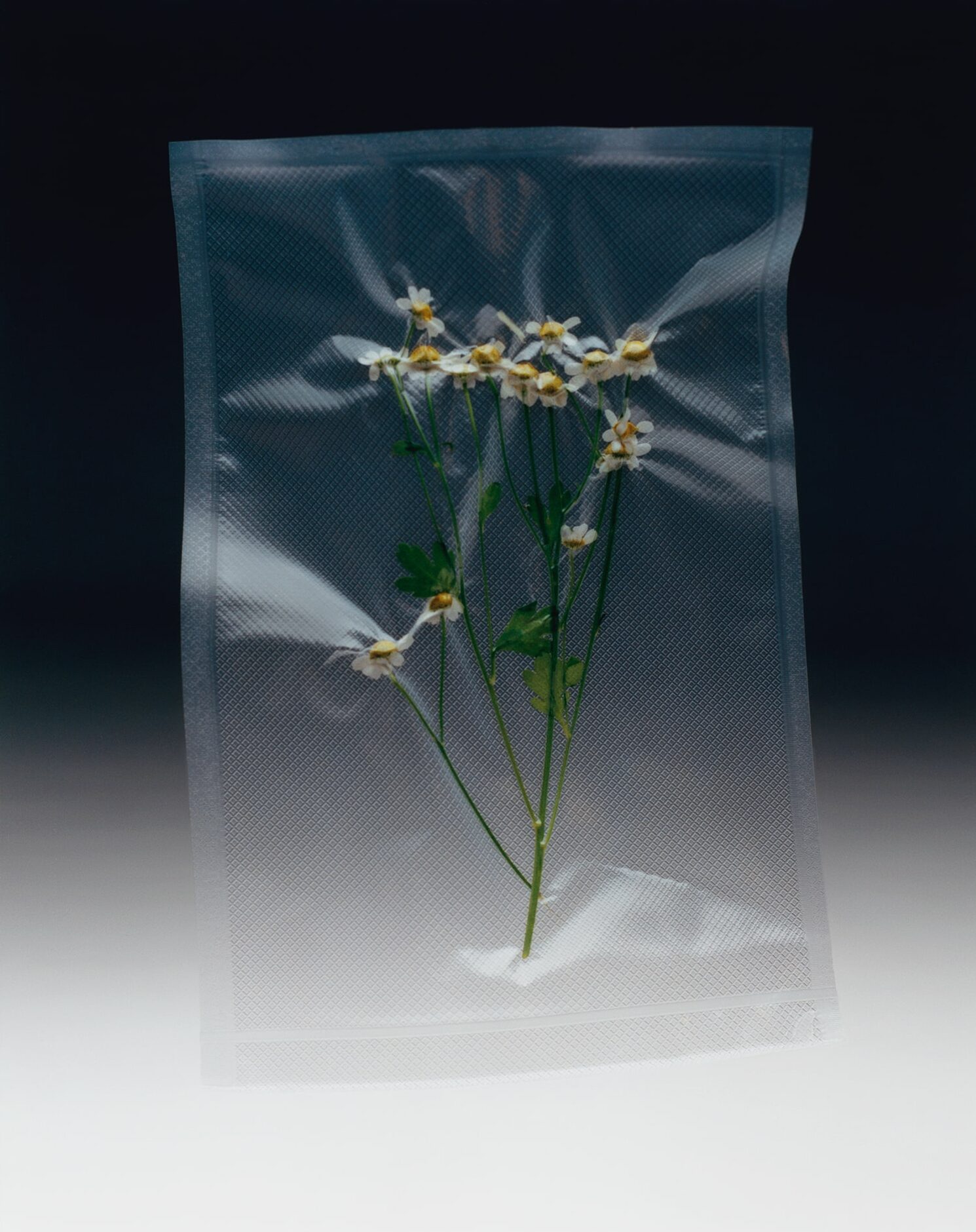
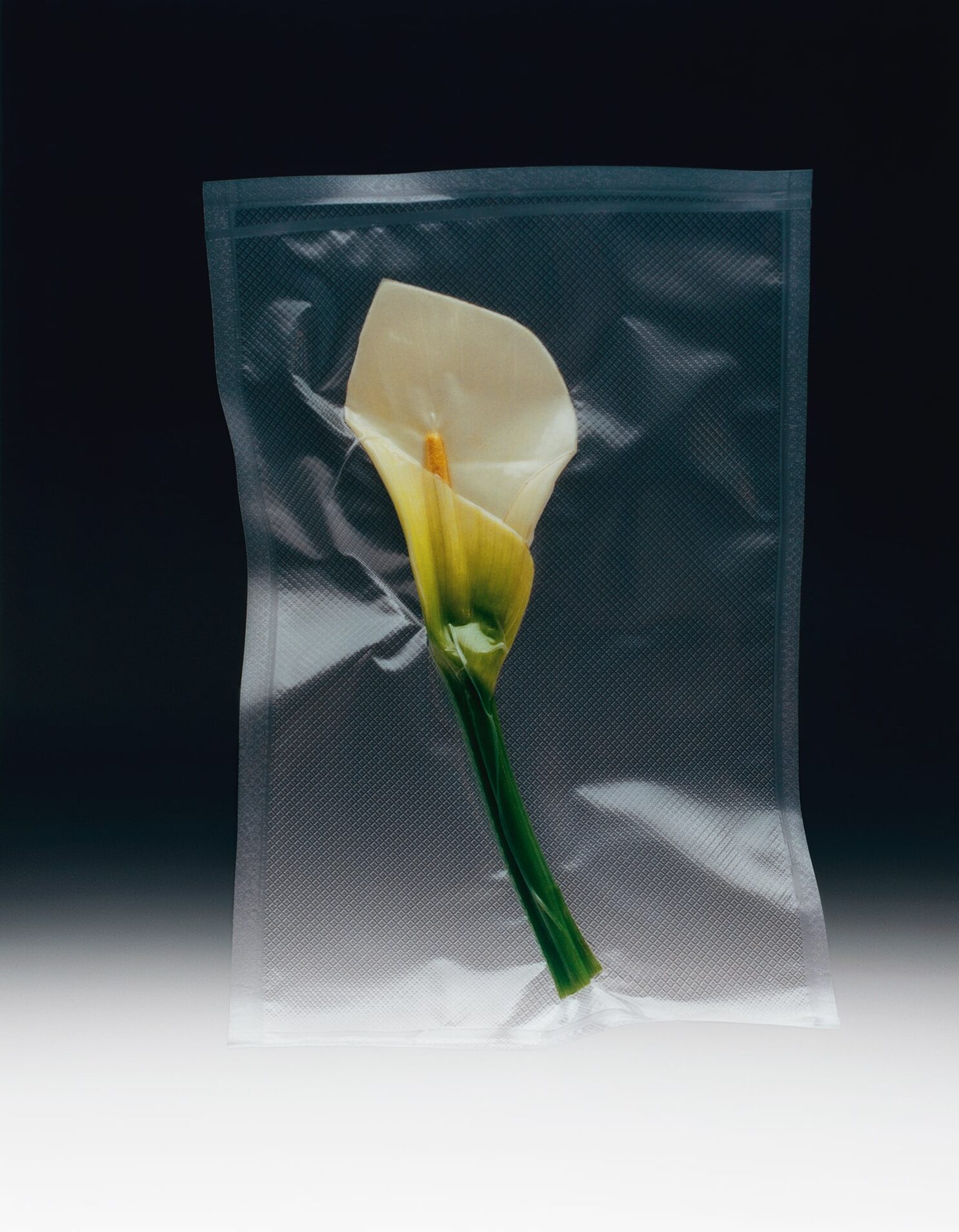
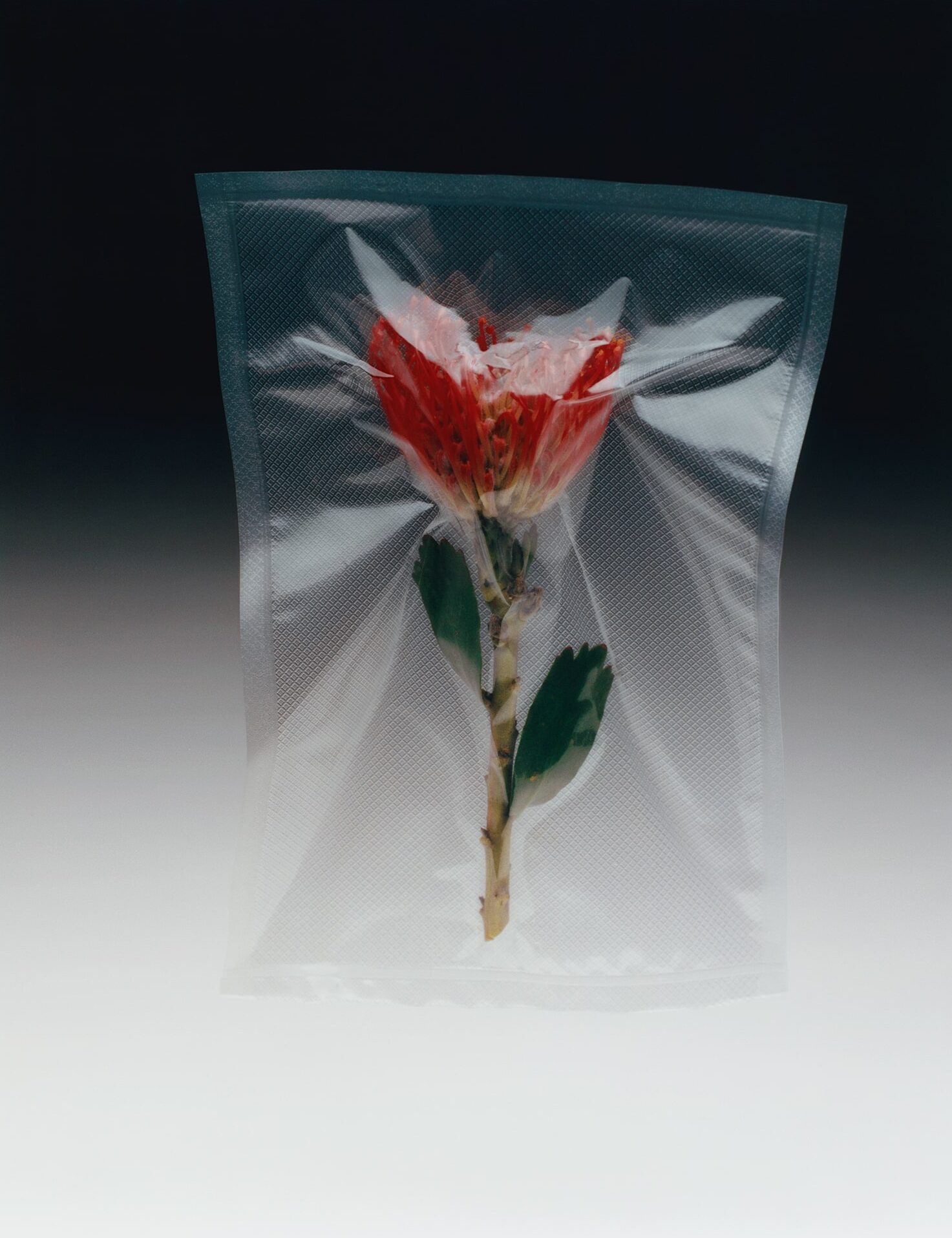

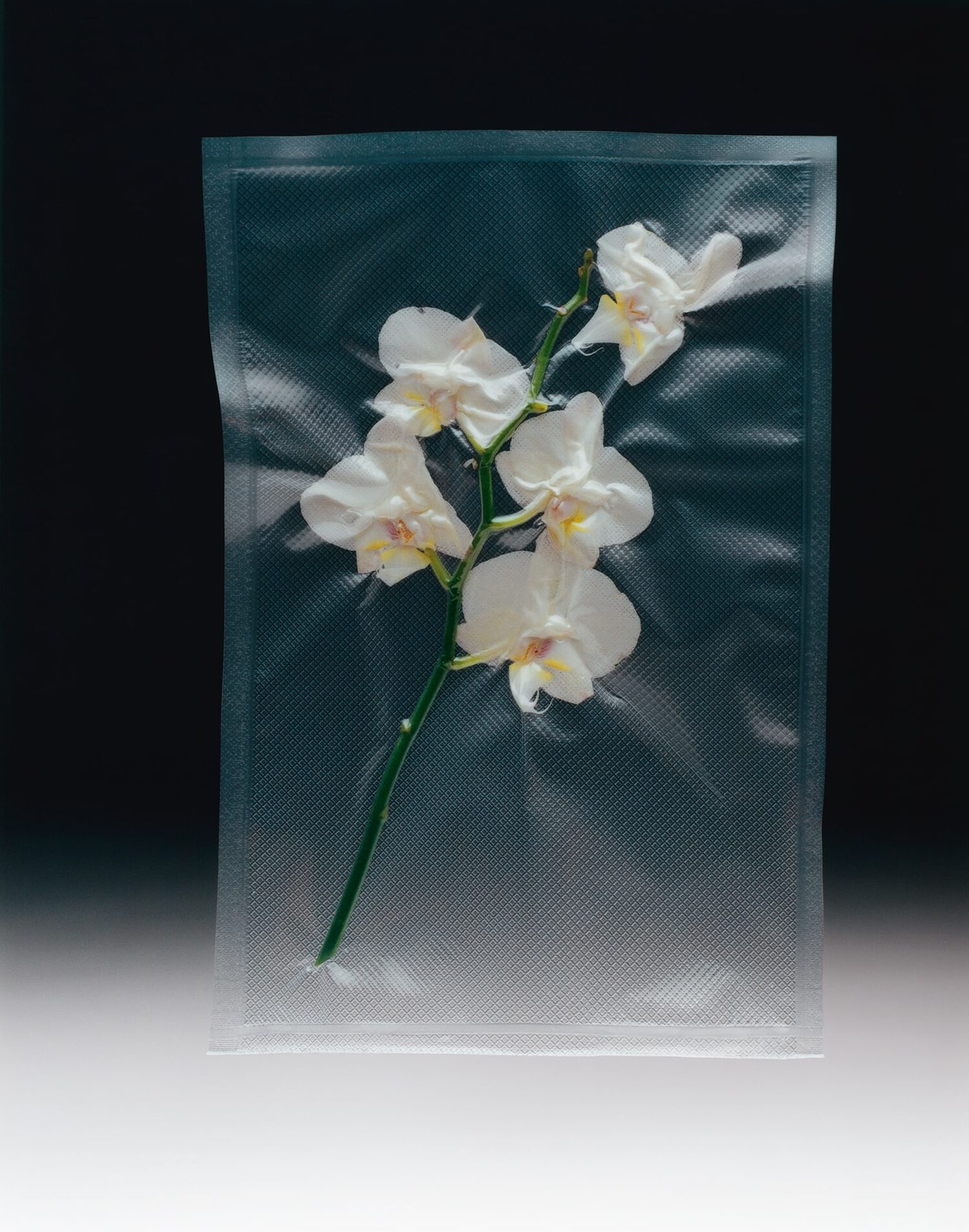

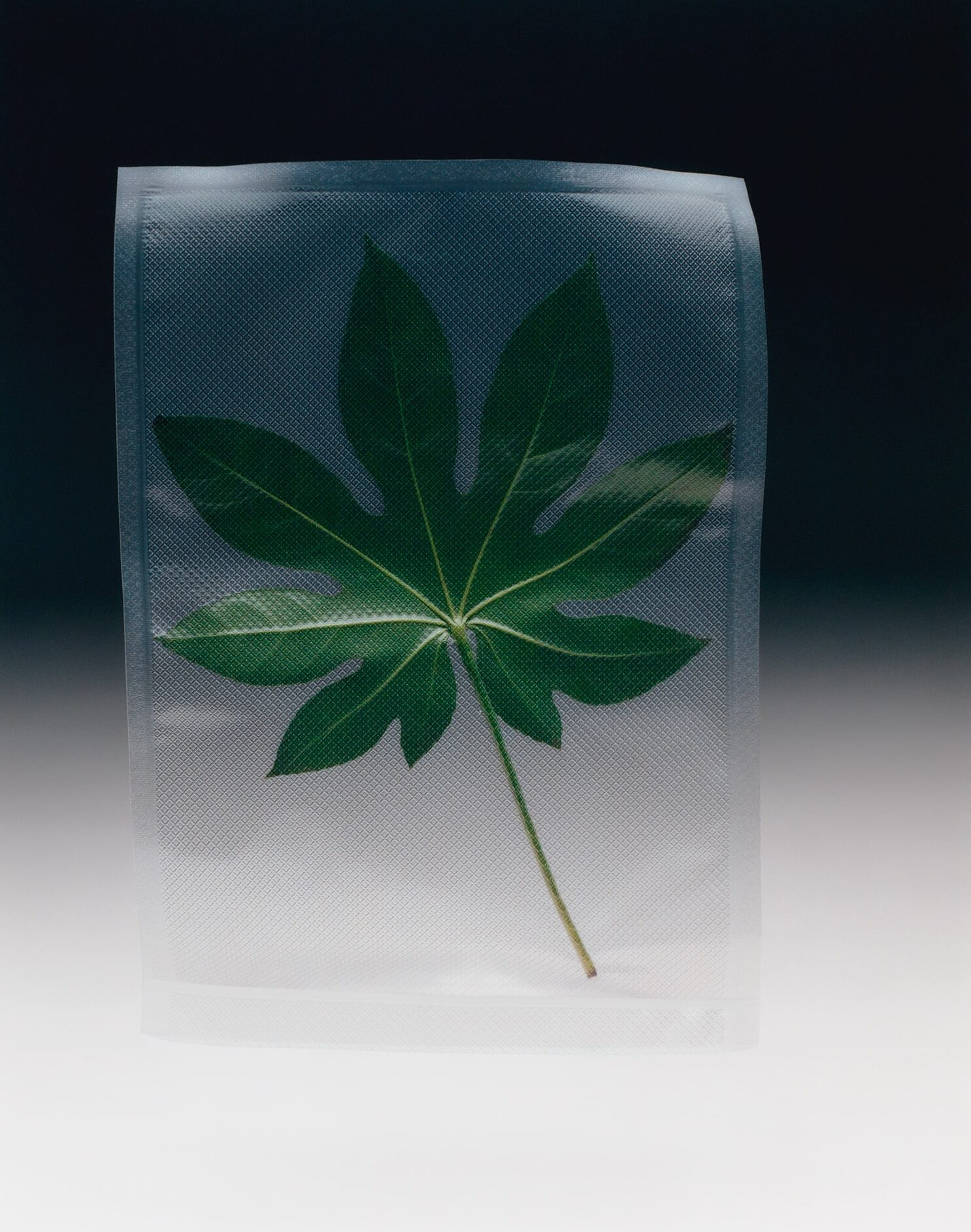
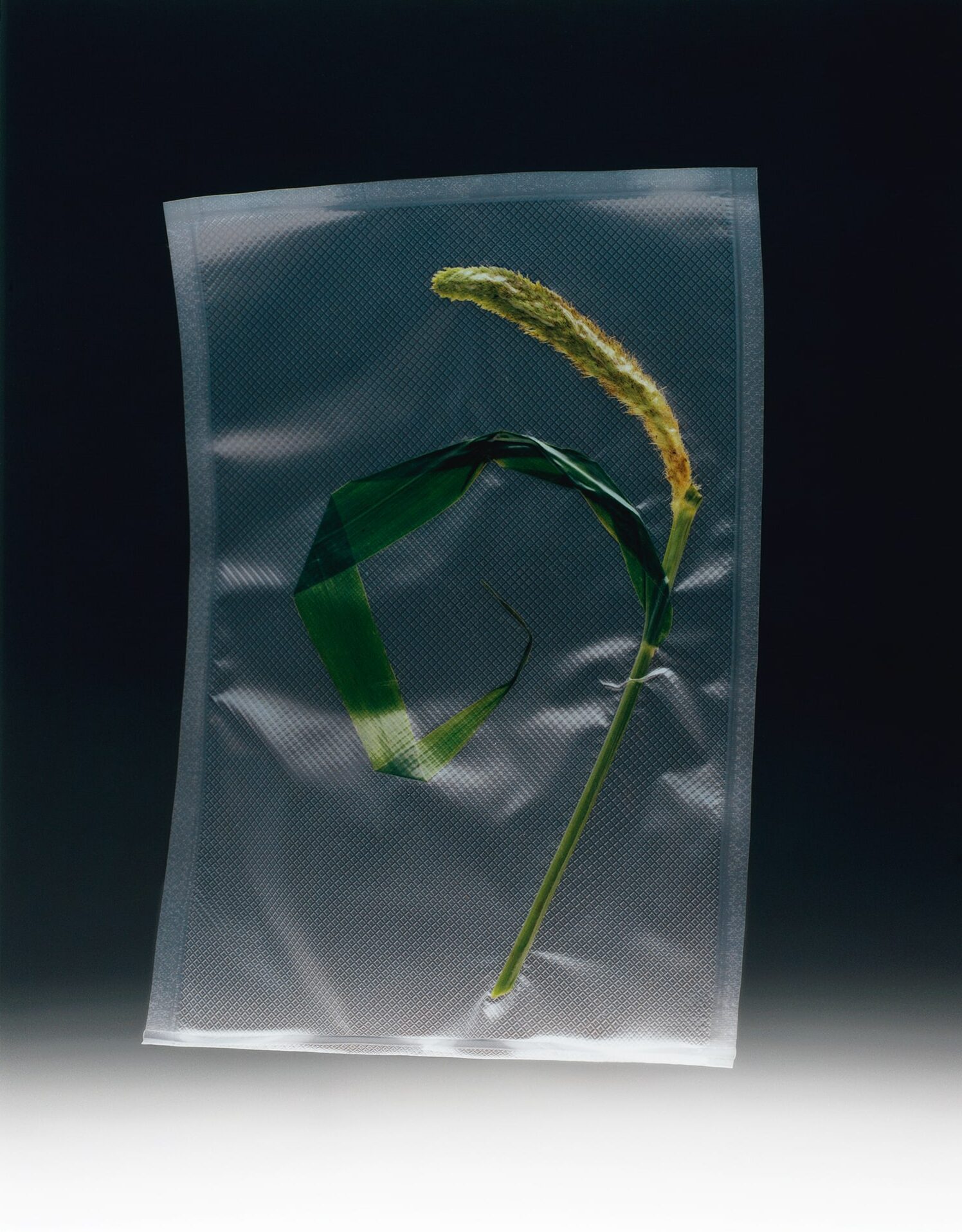
Capitalism has a way of limiting our perceptions of our own wellbeing. More strongly focused on material wealth and the continual acquisition of more, the value of spiritual, emotional and mental wellbeing has been devalued. Through curated images and deliberately addictive algorithms on social media, capitalism dangles aspirational lifestyles before us, encouraging a constant pursuit of a life that will always be out of reach. What makes this especially insidious is the silent pressure to do whatever it takes—even if it disrupts our spiritual, emotional and physical health—to achieve this perceived satisfaction. With this in mind—and acknowledging the clear parallels between capitalism and the rapidly shifting climate—is our limited view of wellbeing shaping the urgency in which we respond to the climate emergency?
Climate change is not just an ecological issue, it is an issue that permeates all facets of our life, whether that be cultural, political or social. The mainstream collective conversation seems to sidestep the opportunity to make these connections, though it never misses the chance to sell us ways to “increase” and “improve” our wellbeing via meditation apps, yoga and holistic therapies—all of which focus on breath. As Pachamama Alliance volunteer Haley Hansel aptly states, “The interconnectedness of daily human life and the state of the Earth often goes unexamined, but at this point in human history we cannot afford to separate these conversations.”[6]
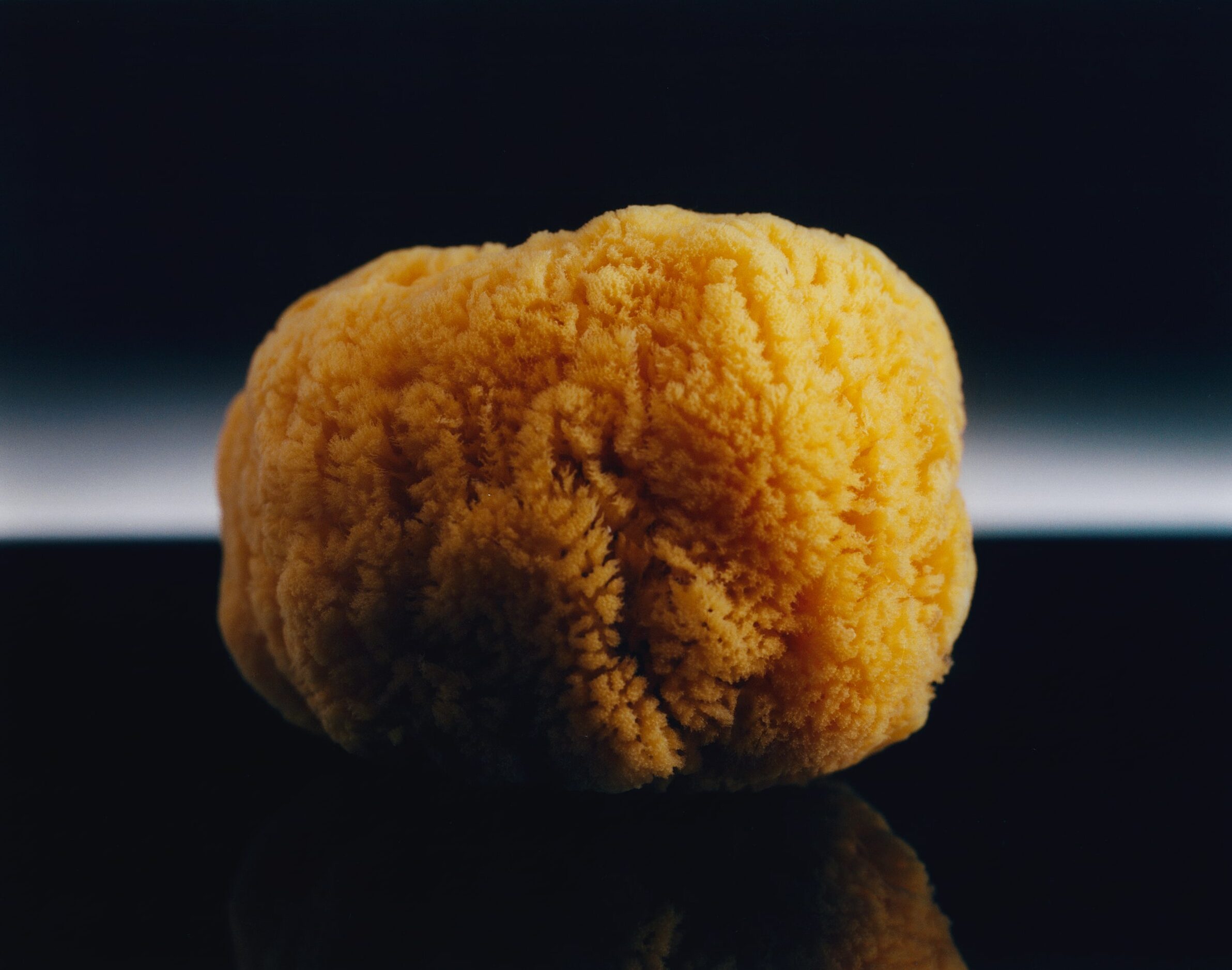
My aim is not to induce eco-anxiety but to expand our perception of the effects of air pollution and inspire a commitment to climate justice. We all have the right to clean air, and it is critical that we collectively come together to not only preserve our quality of air, but to hold those who limit it accountable. That Ella Kissi-Debrah was the first person to have air pollution linked to her cause of death, despite air pollution being a problem we have grappled with for thousands of years, emphasises a need for greater collective participation in the conversation around the climate crisis.
The ramifications of polluted air are disrupting our lives in more than one way—physically, spiritually, etc. The health of our planet is deeply interwoven with our wellbeing. The struggle for clean air is not only about preserving our environment, but it is also a fundamental aspect of our quest for justice—for ourselves, but especially for communities disproportionately affected across the world.
